The Top 10 Performances of 2010
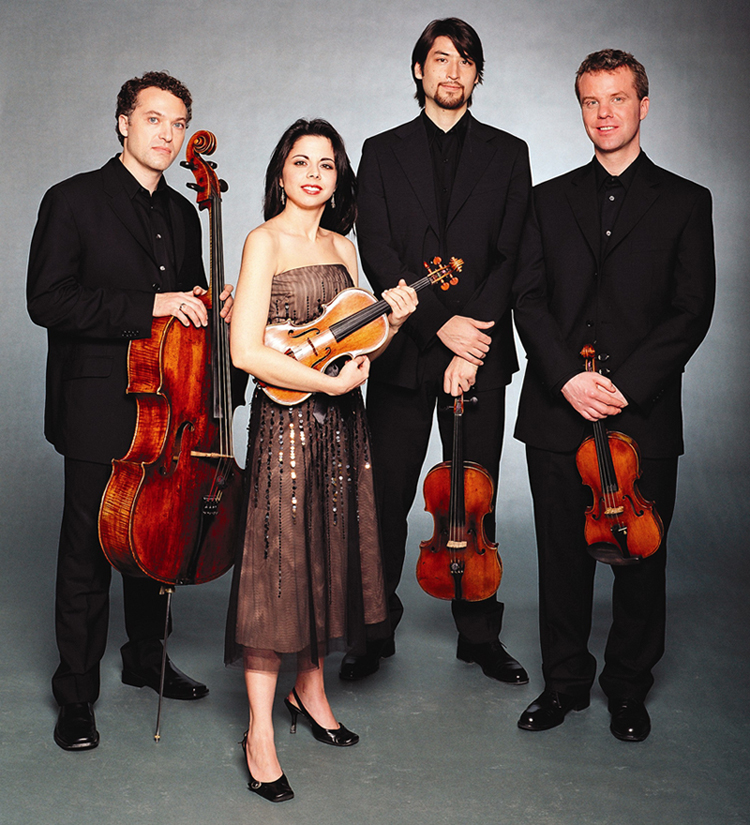
1. The Pacifica Quartet in Shostakovich’s Quartets Nos. 1-3
The Pacifica Quartet’s presentation of Dmitri Shostakovich’s complete string quartets this season is notable for its ambition alone. But the opening October program at Ganz Hall delivered one of the most memorable, high-voltage concerts of the year. In the first three quartets, the Pacifica musicians’ knife-edged intensity and idiomatic feel for this music launched this series in supremely compelling style.
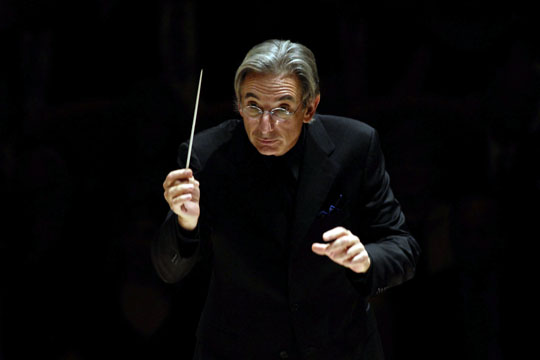
2. Michael Tilson Thomas and the Chicago Symphony Orchestra in Stravinsky
Most Chicago Symphony Orchestra attention was focused, understandably, on Riccardo Muti in 2010. But one of the most triumphant and sheerly enjoyable performances of the year at Orchestra Hall came in February with Michael Tilson Thomas’s evening of Neoclassical Stravinsky. In the right repertoire (Mahler, Tchaikovsky, Copland, and Stravinsky) few can rival Tilson Thomas and the magnificent performance of Oedipus Rex brought out all the ceremony, astringent audacity, dynamism and sly wit of a work still regarded by many as awkward and unwieldy. In addition to playing of galvanic commitment by the CSO, soloists William Burden and Michelle DeYoung, the men of the CSO chorus and narrator Patrick Stewart all made first-class contributions. The conductor and the CSO strings also provided a luminous performance of Stravinsky’s ballet, Apollon musagete.
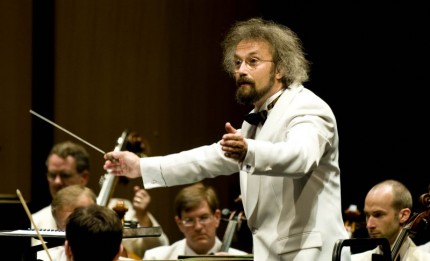
3. Carlos Kalmar and the Grant Park Orchestra in Dvorak’s Requiem.
Carlos Kalmar and the Grant Park Orchestra often have their best nights in offbeat repertoire and so it proved again with this August performance of Dvorak’s little-known Requiem. With a stellar quartet of soloists and inspirational ensemble singing by the Grant Park Chorus, Kalmar and his forces brought out the operatic drama as well as the glowing spirituality of this neglected masterpiece to moving affect.
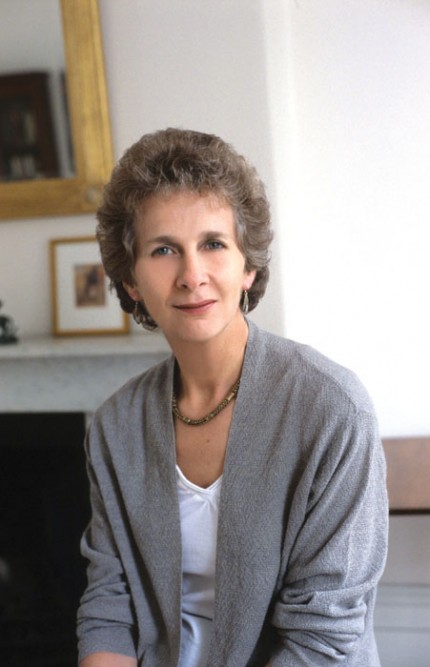
4. Jane Glover and Music of the Baroque in Bach’s Christmas Oratorio.
Music of the Baroque had many inspired nights in 2010—the Mozart Requiem among them—but it was the brilliantly played and sung performance of Bach’s glorious Christmas Oratorio earlier this month that proved most memorable.
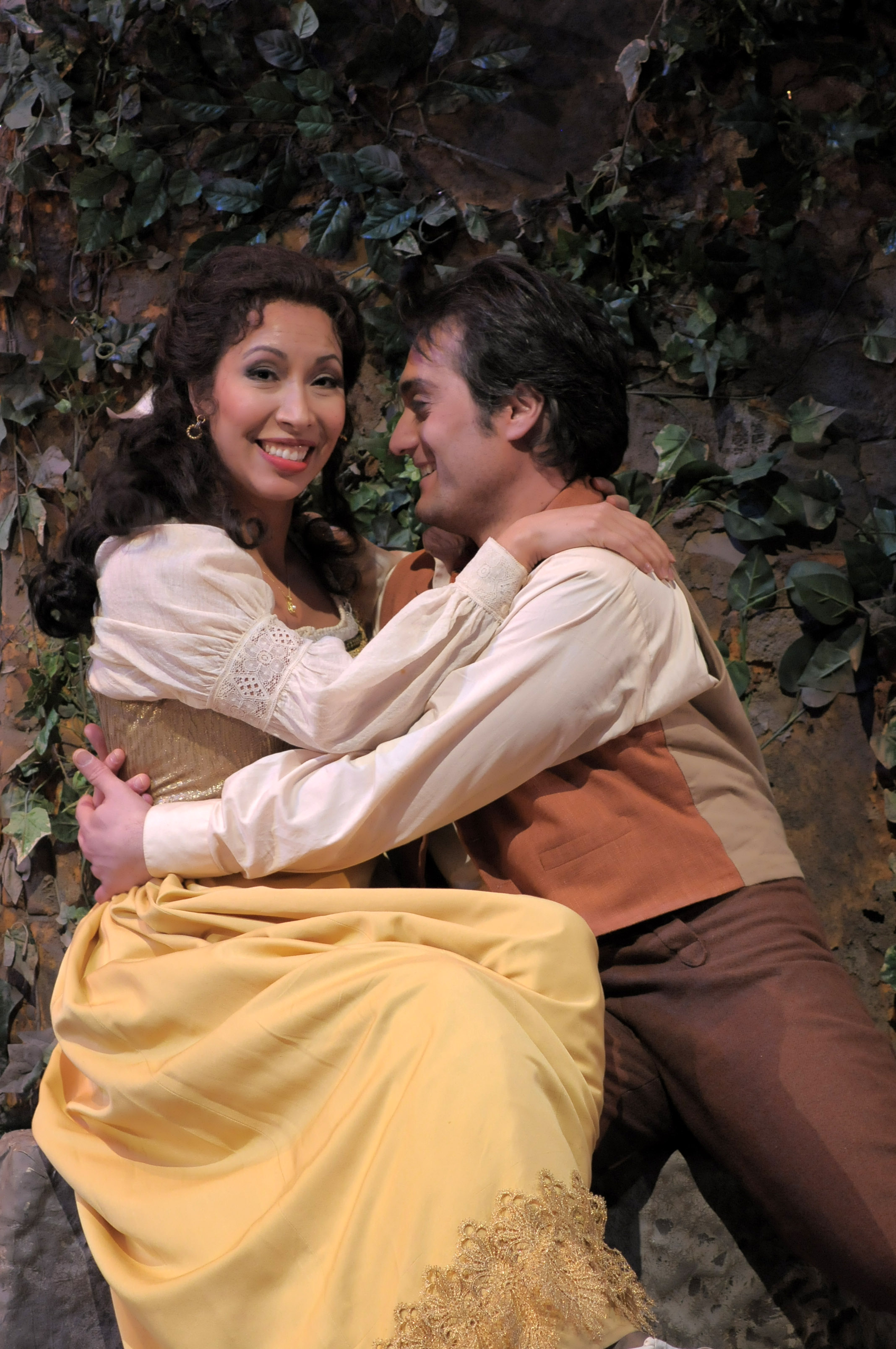
5. The Lyric Opera of Chicago’s L’elisir d’amore
Likewise, the Lyric Opera of Chicago had several worthy performances in 2010 with a charming Le nozze di Figaro in May and a stylish new production of Macbeth in September. But it was the January performances of Donizetti’s frothy comedy that provided the most consistent and sheerly enjoyable evening. Giuseppe Filianoti made a sensational company debut as the lovelorn bumpkin Nemorino, in a performance as beautifully sung as it was comically resourceful. As Adina, local favorite Nicole Cabell was charming and vocally faultless.

6. Bernard Labadie and the Chicago Symphony Orchestra in Bach’s Saint John Passion
To get performances of two major Bach works in one year is a rarity, but to have both works be so superbly performed is special indeed. The Canadian Baroque specialist Bernard Labadie led these buoyant, sensitively paced and idiomatically sung performances of the less-often-heard Saint John Passion with outstanding singing by the CSO Chorus, and German tenor Tilman Lichdi a memorable Evangelist.
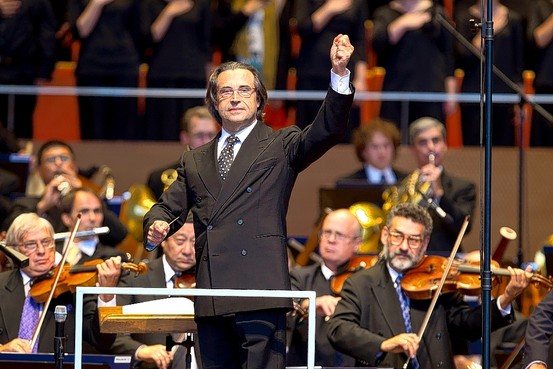
7. Riccardo Muti and the Chicago Symphony Orchestra at Millennium Park
In his inaugural season as the CSO’s new music director, Riccardo Muti conducted only two weeks of subscription concerts before falling ill due to exhaustion and returning to Italy.
Yet of his interrupted September opening residency, it was Muti’s debut as music director at Millennium Park that made the most indelible impact. The program may have been largely Romantic potboilers but the level of depth, eloquence and burnished refinement Muti drew in works of Respighi, Verdi, Tchaikovsy and Liszt was remarkable. With a crowd estimated at 30,000 in attendance that Sunday afternoon, there was a thrilling sense of occasion and this was truly one of those unforgettable Chicago musical events.

8. Sir Mark Elder and the Chicago Symphony Orchestra in English program
Sir Mark Elder remains one of the Chicago Symphony’s most engaging and versatile guest conductors. In an English program in April, he led the orchestra in a rich and eloquent performance of Elgar’s majestic Symphony No. 2, the CSO’s first of the work in a quarter-century. Violinist Elena Urisoste made the evening complete with the delicate intimacy of her playing in A Lark Ascending—amazingly, the belated CSO premiere of Vaughan Williams’ famous work.
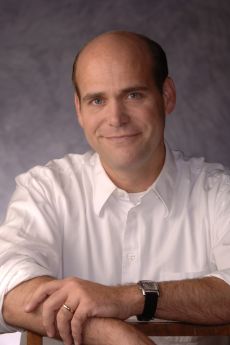
9. The William Ferris Chorale’s program of Baltic music
The William Ferris Chorale may not be quite as high on the city’s musical radar screen these days but with a new home at Loyola University, watch for a coming resurgence. Clearly, the high standards of the ensemble’s founder have been maintained under current director Paul French. The imaginative and wide-ranging program of Baltic music in May offered an array of beautiful and mostly unknown works from Latvia, Lithuania and Estonia, sung with great feeling and tonal sensitivity.
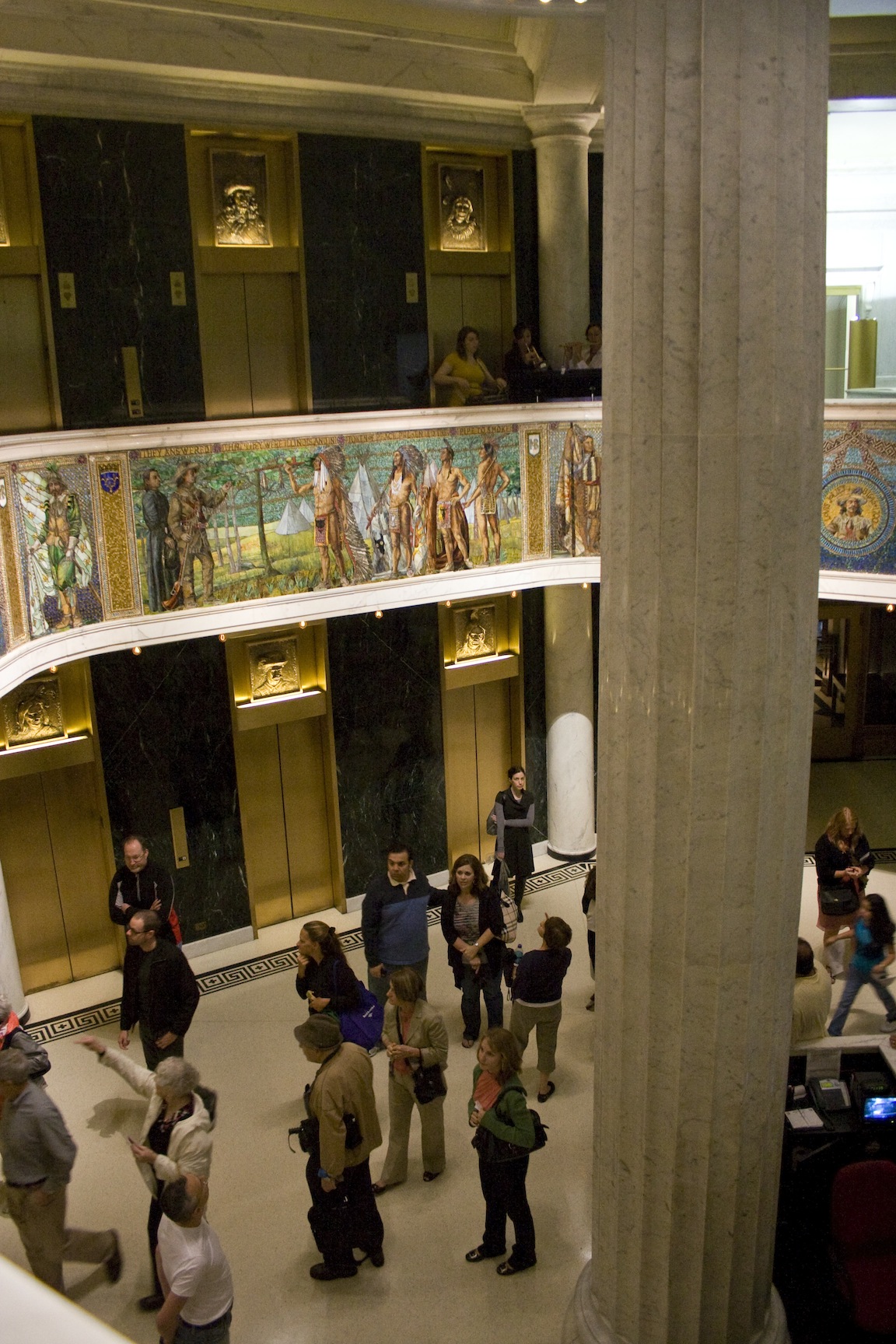
10. Access Contemporary Music– Songs about Buildings and Moods
On a September weekend when most attention was focused on Riccardo Muti, ACM served up five world premieres, each performed in a different, architecturally significant Loop building. The intrepid music lovers who traversed from the Cultural Center to the Marquette Building, the Monadnock and Aqua on that rainy Saturday afternoon heard some wonderful music by several of Chicago’s most intriguing young composers, enhanced by the magnificent settings, and performed with great panache, sensitivity and dedication.
Other Notable Performances
Peter Oundjian’s luminous Vaughan Williams Fifth Symphony with the CSO in February (and the surprisingly polished Mahler 7th he coaxed from the Civic); Stephen Hough’s electrifying prestidigitation in Tchaikovsky’s Piano Concerto No. 2 in December; a riveting U.S. premiere of German composer Detlev Glanert’s Theatrum bestiarum by Semyon Bychkov and the CSO; Pierre Boulez and the CSO in Ravel and Bartok in January; the Brahms’ String Sextet performance that opened the Rush Hour Concerts in May; Christian Tetzlaff’s delightful Dvorak Violin Concerto at Grant Park; Mitsuko Uchida’s Mozart piano concertos with the CSO; the Chicago Chamber Musicians’ Bartok, Dohnanyi and Schumann in September; and Corey Dargel’s 13 Near-Death Experiences presented by ICE at Velvet Lounge in March.
Most Impressive Debut
A tie: Russian cellist’s Pavel Gomzikaov’s sensational CSO bow with Haydn; and the same May weekend, 18-year-old Matthew Lipman’s remarkable professional debut in the Walton Viola Concerto with Alan Heatherington and Ars Viva.
Most Anticipated Event
No contest. Riccardo Muti’s inaugural season concerts as tenth music director of the Chicago Symphony Orchestra.
Biggest Disappointment
Also no contest. The illness that cut short Muti’s inaugural weeks just as they were reaching cruising speed.
Diluted Legacy Award
Dale Clevenger, the once-great principal horn of the Chicago Symphony Orchestra, whose unwillingness to exit the stage continues to exert a negative impact on the orchestra’s performances.
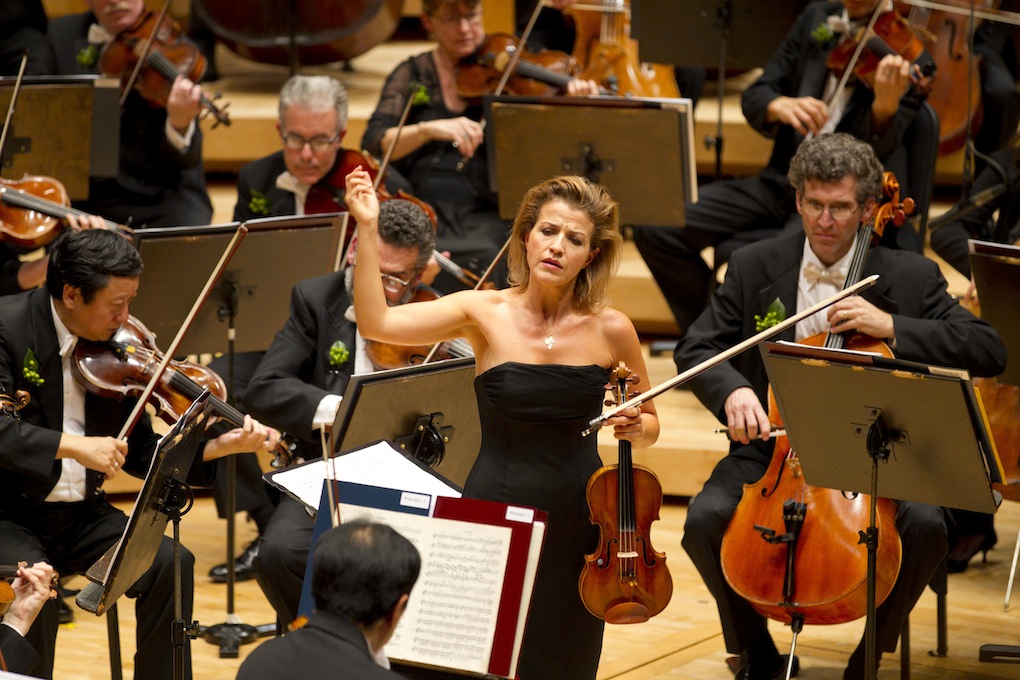
Grace Under Pressure Award
When an ailing Riccardo Muti bowed out of the CSO’s October gala concert minutes before it was set to start, soloist Anne-Sophie Mutter took over double duty, conducting as well as performing Beethoven’s Violin Concerto. Let’s not make it two decades again before Mutter—a justly celebrated superstar as well as a genuine class act—is invited back.
Most Surprising News
Renée Fleming being named creative consultant of the Lyric Opera of Chicago
Most Ominous News
The Lyric Opera is going to start presenting Broadway musicals.
Most Ambitious Event
For sheer what-the-hell, let’s do-it gumption, the April performances of Mahler’s Symphony of a Thousand presented by the Symphony of Oak Park and River Forest take first prize. The suburban orchestra, soloists and assembled choirs conducted by Jay Friedman offered a more-than-respectable and often thrilling performance of Mahler’s sprawling orchestral monster at Symphony Center.
Finally, a big thank you once again to Chicago Classical Review’s band of regular co-contributors: Wynne Delacoma, Dennis Polkow, Bryant Manning and Gerald Fisher. Their knowledge, enthusiasm, terrific writing, collegiality, and professionalism make the occasional frustrations of operating this website easier to handle.
And my deep gratitude to those organizations that have supported Chicago Classical Review with advertising—even when they really disliked a review. That support is essential to allow us to continue comprehensively covering Chicago’s rich and varied music scene in 2011 and beyond
Posted in Uncategorized


Posted Dec 24, 2010 at 7:51 am by Steve Marcus
I understand your concern about Lyric presenting Broadway shows possibly “diluting” the schedule and purpose of that revered company. Some have said the same about this year’s Lyric presentation of “Mikado.”
Without getting into the “popularity/let’s fill the hall/not enough room in the schedule for the opera classics AND the ‘descent’ to the common man’s taste,” let’s consider musical content. There were and are some composers whose works blur the boundaries of opera vs. Broadway musical. Some of those composers openly and intentionally admitted as such, even going so far as to proclaim the Broadway musical as the “American Opera.” Now, “Billie Elliot” and “Wicked” are not about to challenge that boundary. But some of the obvious ones that will are from the man who intended to not only break down the Berlin wall with Beethoven 9, but also the wall between musical genres with his “Candide” and, the ultimate American opera/Broadway challenge, “West Side Story.” Then there are many other examples of high vocal art whose roots are on Broadway but may belong on the opera stage with FULL orchestra. If G&S, then why not Sondheim? It would surprise more than a few opera goers that some of Kurt Weill’s works made their first appearances on Broadway. What about Broadway shows with ambitious orchestral and vocal scores such as “The Most Happy Fella” whose original Broadway casts borrowed from the traditional opera rosters (Robert Weede, etc.) What about Samuel Ramey’s recording of “Man of La Mancha?”
A revival of “Hair” may not be appropriate. Andrew Lloyd Webber in the Opera House would draw reactions ranging from full houses with cheering crowds to disgust from those who might threaten to cancel their Lyric subscriptions. But there are plenty of vocal pieces that originated on (or off) Broadway that deserve to be heard in and performed by what is, for lack of a better term, an “opera company.” No discussion of the economic attraction here (that’s a different subject), but it is also not to be ignored. Dumbing down of opera with Broadway musicals? Not if it’s approached in a careful, selective, MUSICAL manner.